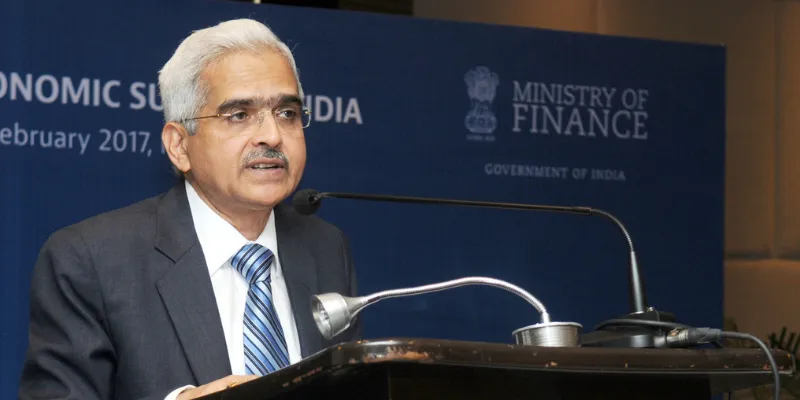Terming the launch of the digital rupee a historic milestone, RBI executive director Ajay Kumar Choudhary on Thursday said the currency would bring in a lot of operational efficiency in the system and will foster financial inclusion.
As per the central bank digital currency (CBDC) tracker, almost 105 countries representing 95% of the world’s GDP have taken steps to inculcate digital currency in their ecosystem.
Around 50 countries are at the advanced phase of exploration to launch the digital currency, while 10 countries have fully launched the digital currency, he said at an event organised by PHD Chambers of Commerce and Industry (PHDCCI).
Digital rupee will add the resilience associated with innovation in the way payments are made, he said, adding, it will also boost innovation in the cross-border payment space.
CBDC will give the public the desired experience while ensuring consumer protection but avoiding the damaging social and economic consequences, he added.
RBI has already launched the Central Bank Digital Currency CBDC-W and CBDC-R on a pilot basis for the Indian market. CBDC-W and CBDC-R refer to wholesale and retail, respectively.

RBI Governor Shaktikanta Das
Digital currency is expected to complement rather than replace the current forms of currency and it would provide an additional avenue for the users as a payment instrument.
He stated that the Reserve Bank of India would be taking all steps to ensure that the issuance of CBDC follows a calibrated and nuanced approach with adequate safeguards to tackle any potential difficulties and risks so as to build a system which is inclusive, competitive, and responsive to innovation and tech changes.
Explaining the difference between digital currency and UPI, Choudhary said that like physical currency, digital currency issued by the central bank is the RBI’s liability whereas UPI is a means of payment and any transaction through UPI is the respective bank’s liability.







![Read more about the article [Weekly funding roundup Aug 19-25] Zepto’s $200M funding provides necessary boost to startup fundraising](https://blog.digitalsevaa.com/wp-content/uploads/2023/08/funding-roundup-LEAD-1667575602969-300x150.png)


